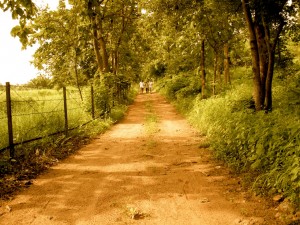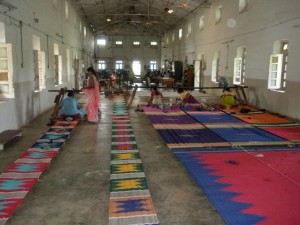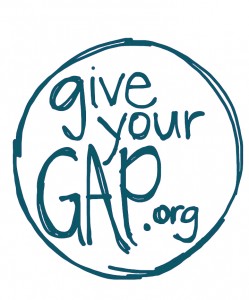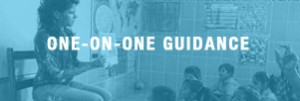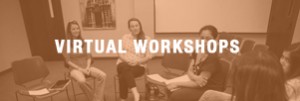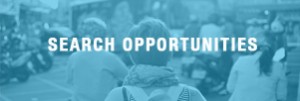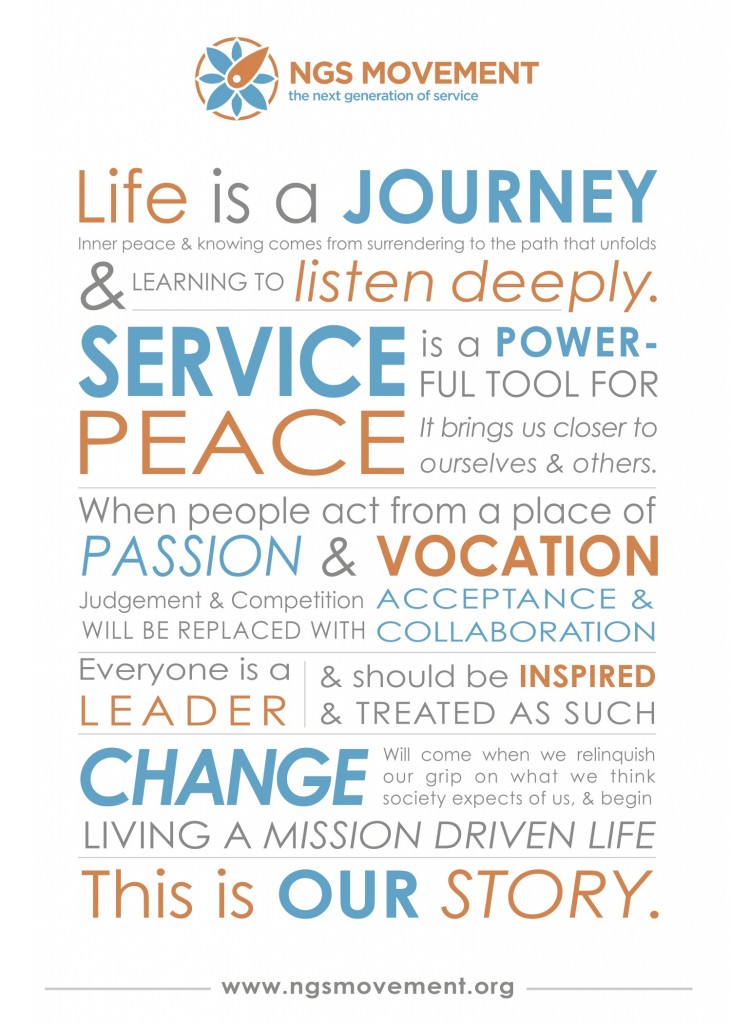Roheet Kakaday, Project RISHI
Name, Age: Roheet Kakaday, 21
University, Major: UC San Diego, Bioengineering
Region: Asia
Length of stay: Less than one month
Type of Work: Medical/Public Health, Environment/Conservation, Education, Infrastructure, Community Development, Arts, Childcare
Tell us about the nonprofit/social business you work for:
Project RISHI (Rural India Social and Healthcare Improvement) at the University of California, San Diego, is a relatively new organization that’s making positive and sustainable changes to rural Indian communities. UC San Diego’s Project RISHI primarily focuses on helping Anandwan, a rural leprosy colony in Maharashtra, India, and the physicians, patients, and staff who reside there. We plan on expanding our focus to encompass more rural areas that need help in the coming years. Project RISHI has chapters in UCLA, UC Berkeley, UC Davis, UC Irvine, and Northwestern University with more on the way.
How did you find your position?
During another club’s general body meeting, the president of UCSD Project RISHI was given the opportunity to present a short powerpoint. As he recounted the experiences he had in Anandwan, I became inspired to help him out and, perhaps, visit Anandwan myself. I’ve been with UCSD Project RISHI for three years now, serving as a member for two of those years and on the leadership board for one year.
What’s your typical day like?
The thing about Anandwan, and rural India in general, is that there is a lot of work to be done. This enables volunteers to choose the field in which they would be most effective and focus their time there. When I visited with the first UCSD Project RISHI group, I took my time exploring the various needs of Anandwan. As a colony, Anandwan has become largely self-sufficient and with that self-sufficiency has come a microcosm of “industries” to help in. Anandwan educates children through their own schools, grows and ships its own food, creates its own prostheses for the handicapped, diagnoses and prescribes medications from physicians who live there, and much more. From a volunteer’s perspective, Anandwan is ripe for exploration, with each volunteer’s experience dependent on how much they leverage their capabilities.
When I came into Anandwan, I had a pre-medical student’s mindset which led me to assist in the medical area. I woke up nearly every morning at 5 AM to help out at a wound-wrapping clinic where leprosy patients with open wounds would come for treatment. I shadowed physicians in hospitals and sat in on public health seminars in order to explore what UCSD Project RISHI could do for Anandwan. I was also a part of the group that went to Somnath and Mulgavan, two rural farming areas, that needed help as well. As I was guided around the areas, I learned how farmers were having difficulties harnessing rain-water during India’s relentless monsoon season. These were illuminating experiences that jump started UCSD Project RISHI’s future improvement projects.
A typical day will start in the morning hours, the latest at 9 AM, and end around 11 PM at night. The work day here is unusually long due to the fact that you live and work in the same place. The hostel that hosts us is on the campus and is not more than a 10-minute walking distance away. You’ll start working in the morning, take the typical lunch break, a tea break in the afternoon, and end your work day sometime around 6 or 7 PM. Some of the other volunteers in our trip continued working with their groups until 10 PM! If you have the passion or drive to really help, there is no limitation placed on your volunteerism.
What kind of people do you work with?
The people who come on the trip with you are college students of varying age. The natives that you work with at Anandwan vary in their age and education. The physicians who work there have plenty of education and training in the medical field. There are, however, staff members who are older, younger, or the same age as you with varying levels of education. For example, one older staff member who trained me didn’t have a college or high school degree, but knew how to take blood pressure, wrap wounds, take medical histories and more. There are also volunteers from other international organizations that come in to help as well. Most people speak English to one degree or another, so language is usually not a barrier.
What are your living accommodations?
We lived in a hostel on the campus that was fairly decent considering that Anandwan is smack dab in rural India. It had its own bathroom, shower, four beds, a sink, and a fan in one room. By the standards of living I have seen in most poverty-stricken rural areas, I felt that we lived in the lap of luxury at this hostel. Barring the occasional gigantic exotic bug scare, living in this hostel was enjoyable. Three simple, yet tasty, meals were provided everyday and slow internet was available at a single central computer for a fee. Our group of eleven lived in four side-by-side rooms, so we were never alone and spent a lot of our time laughing nights away.
What do you do in your free time?
We explored the surrounding wilderness, enjoyed local fare, played intense games of hacky sack, joked around for hours, and spent time in deep philosophical contemplation. It was a great experience bonding with these volunteers and I definitely made some new life-long friends.
Share a favorite memory or story from your experience!
I feel that my experience was enhanced due to the fact that I speak Marathi, the local dialect in Maharashtra. Because of this language skill (Thank you Mom and Dad!) I was able to communicate with patients directly as I wrapped their wounds in the 5 AM clinic. Listening to the stories of these patients who had been displaced from their homes and expunged from their former lives had a lasting impact on me. It made me realize how much I take for granted here in the U.S. and just how much change needs to occur abroad. The positive effects of just one volunteer making a difference is amplified in places like rural India. This experience served to formulate the basis of my future career – to help the under served populations of the world.
What inspired you to do this kind of work? If you are taking a gap year, what motivated you to do that?
When I was investigating nonprofits to join, I wanted the opportunity to not only make a difference but undergo some self-exploration as well. I believe part of volunteerism is not only making positive changes for others, but creating positive changes in oneself as well. For that to happen, one needs to find a cause worthy of one’s energy and investment.
I realized that an aspect of nonprofit work that really appealed to me was hands-on volunteerism – volunteerism in which I could really get involved in not only the implementation of projects but the planning stages as well. Though there were a good amount of clubs at UCSD with that kind of hands-on volunteerism, the critical aspect of self-exploration was missing from many of them. For example, one could go to South America and aid critical volunteer efforts, but all the activities were already prescribed and scheduled. I needed the opportunity to not only complete such volunteer efforts, but to find them in my own time and devote myself to them because I wanted to, not because a schedule told me to.
UCSD Project RISHI, as a relatively new club, offered the hands-on volunteerism and the self-exploration aspect that I was searching for. It was the perfect fit for me and I have never regretted choosing RISHI since.
How are you financing your time?
All work done for Project RISHI is on a volunteer basis so no one received any kind of financial compensation for their efforts. Furthermore all members who go on the trip to India pay their own way there. That means paying for round trip tickets, lodging, and food to and from Anandwan. Though it sounds like a lot, the trip’s total cost is no more than $1,500, a fairly manageable sum.
What kind of special skills do you need to do your job?
Adaptability.
Do you feel like you are making a positive, critical impact on the global community?
The entire reason I joined UCSD Project RISHI was to make a positive and critical impact in a community. So, yes, of course I feel like I am making a positive contribution to this rural Indian community. That feeling was further reinforced by the gratitude I received from lepers and staff alike when volunteering in the field.
Furthermore, UCSD Project RISHI’s focus on sustainability as an integral part of any project it undertakes is unique amongst nonprofits today. When we design our projects, we want to make sure that even in our absence the projects we design will continue to have their desired effect. As our projects come to fruition, I have every confidence that we will make a positive and lasting impact in Anandwan and rural areas beyond.
What have you learned about the nonprofit and social business world in your experience?
Effective nonprofit work is slow and steady, despite the unrelenting vision of motivated individuals. To make a truly lasting impact, the nonprofit needs to scout the problems, come up with various solutions, and ensure that the solution it chooses is sustainable, low-cost, and, most importantly, effective. This process takes a while, but once it gets going it’s hard to not be enthusiastic about it.
How do you see this experience fitting into your long-term goals?
Volunteering for Project RISHI on campus and in Anandwan solidified my choice of career. Caring for lepers made me realize how important medicine is to the under served populations here at home and abroad. As such, I hope to enter a field where I can care for such disadvantaged populations in a medical capacity. My ideal choice is to be a physician and make a concrete difference in such patients’ lives.
Moreover, handling lepers’ wounds served as a litmus test for medicine. I figured if I could stomach the sight of severely disfigured limbs, then I may be able to handle some of the sights in medicine. When I began treating the lepers who came into the clinic, I found myself engrossed with their histories more so than their wounds, which made me believe that perhaps medicine would work for me.
What’s next?
I hope to go onto medical school after graduating from college. In medical school, I want to help expand Project RISHI’s vision and perhaps even recruit medical school students and physicians to help out. They could be an invaluable asset to implementing projects in Anandwan and beyond.
Do you have any advice for prospective gap-givers?
UCSD Project RISHI, or even the Project RISHI at your local college, is a great option for volunteerism. From the start you can get involved in everything about the club, from planning events to staffing them. Every effort on your part can be directly translated into increased fundraising and better projects for the target site your local RISHI chapter has in mind. Project RISHI needs all the help it can get, and you can be the one to make the critical difference. If Project RISHI doesn’t seem to be something you’d be interested in, then there are plenty of other nonprofits with equally valuable work waiting to be accomplished. Get out there and get involved. It’ll be worth your time and you’ll feel better for it.
Are you blogging about your work or travel? How can we stay in touch?
Follow us on Facebook at www.facebook.com/groups/ucsdprojectrishi or on Twitter @SDProjectRISHI for more information! We also had a travel blog you can find at projectrishi.wordpress.com, though it was sparsely updated due to the shaky internet connection.
Would you be willing to take questions from potential Gappers?
Yes.

